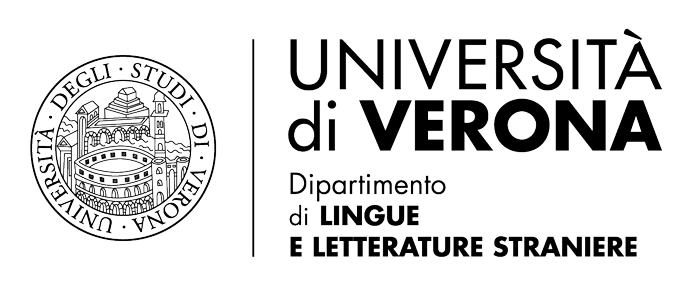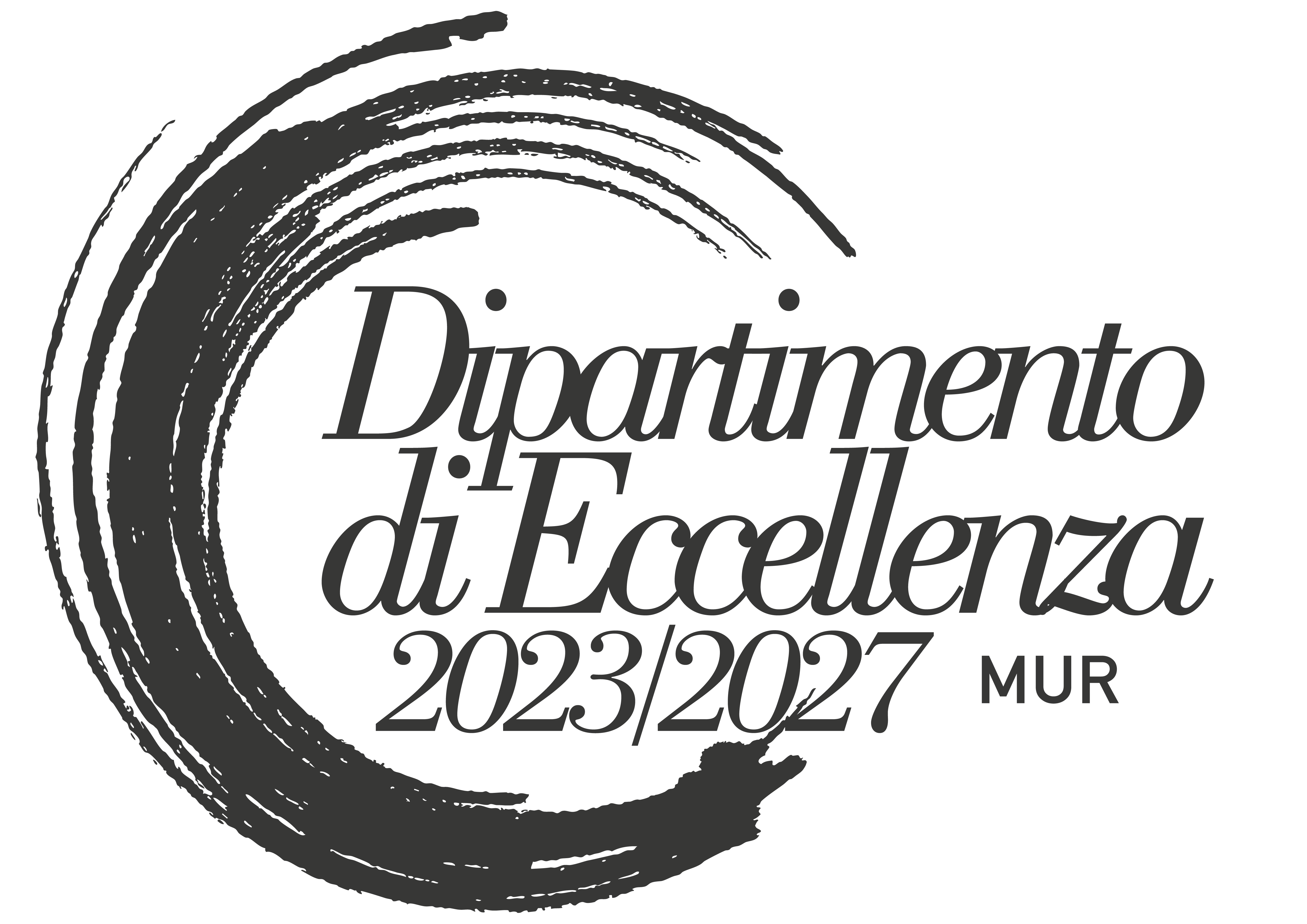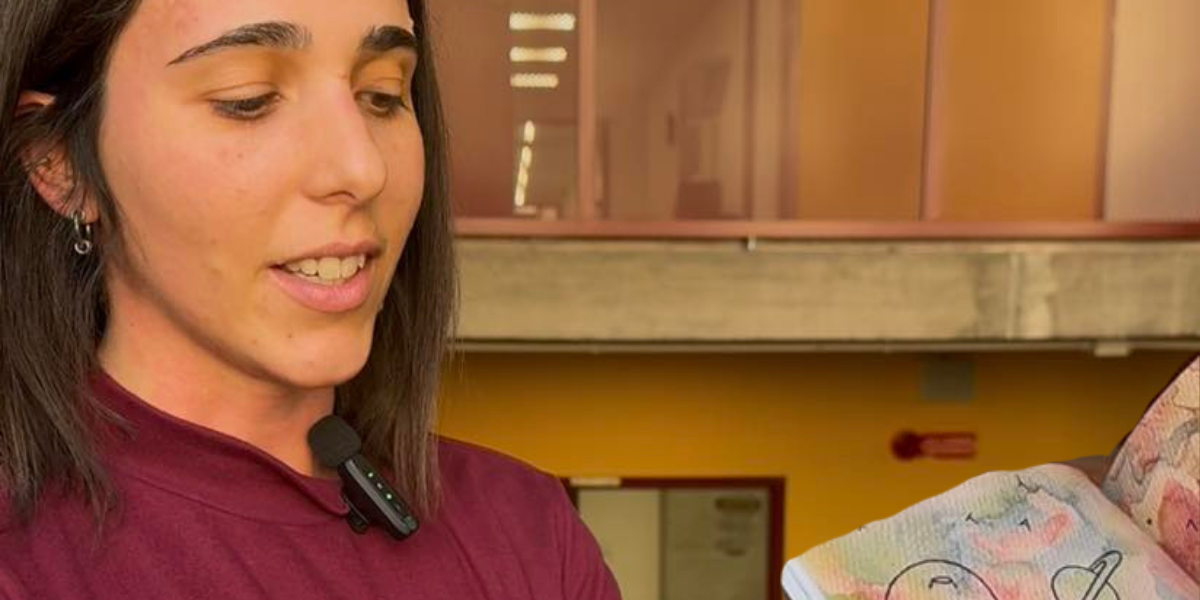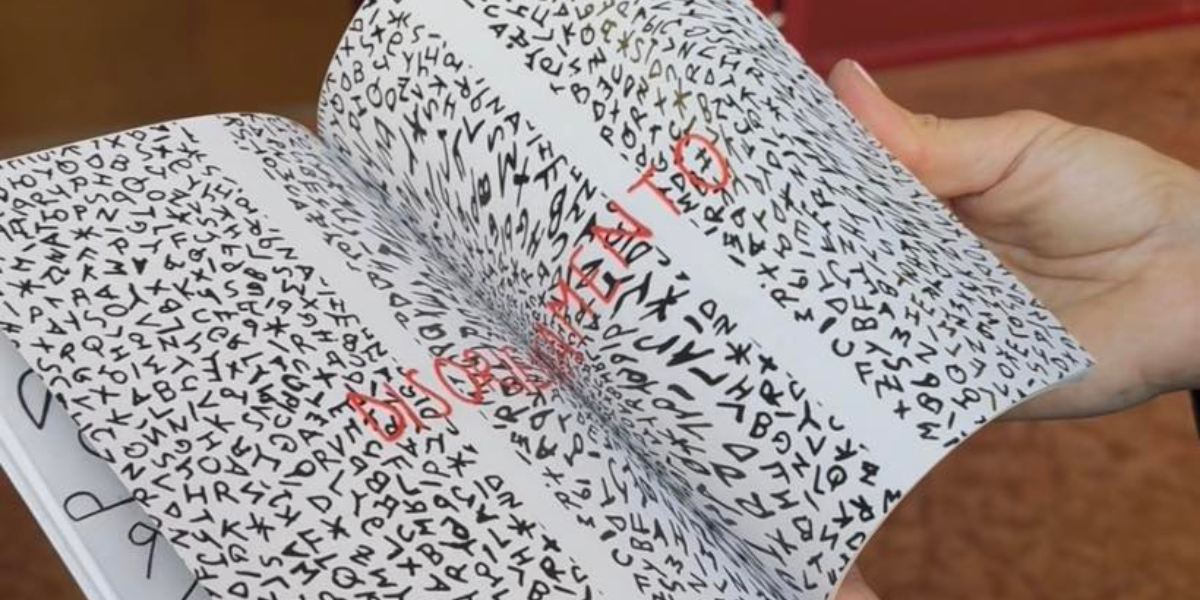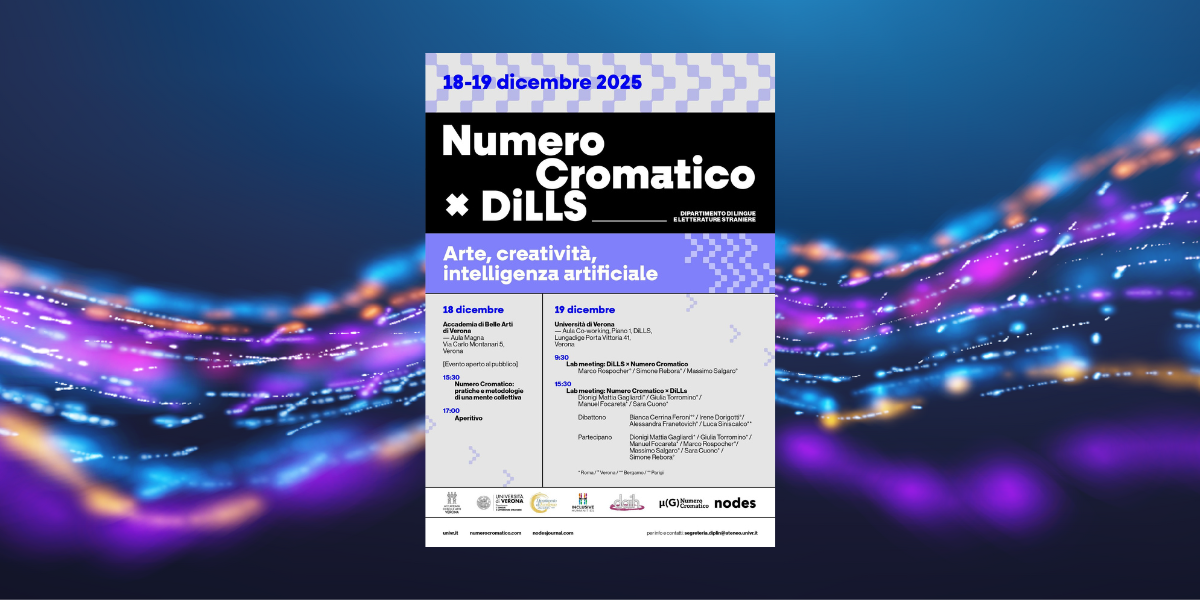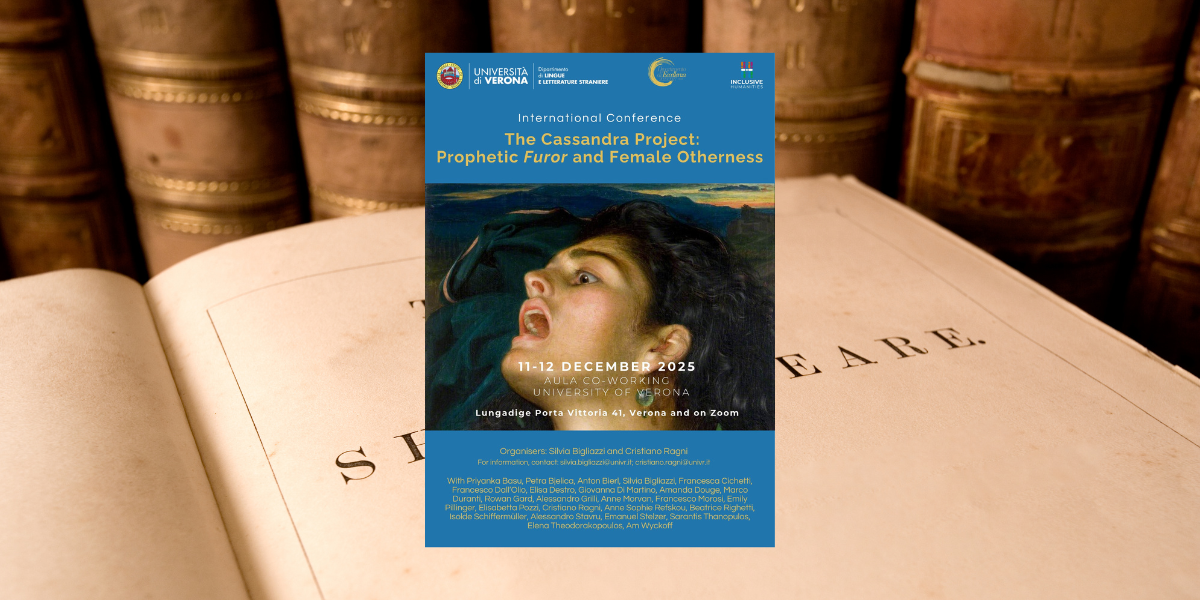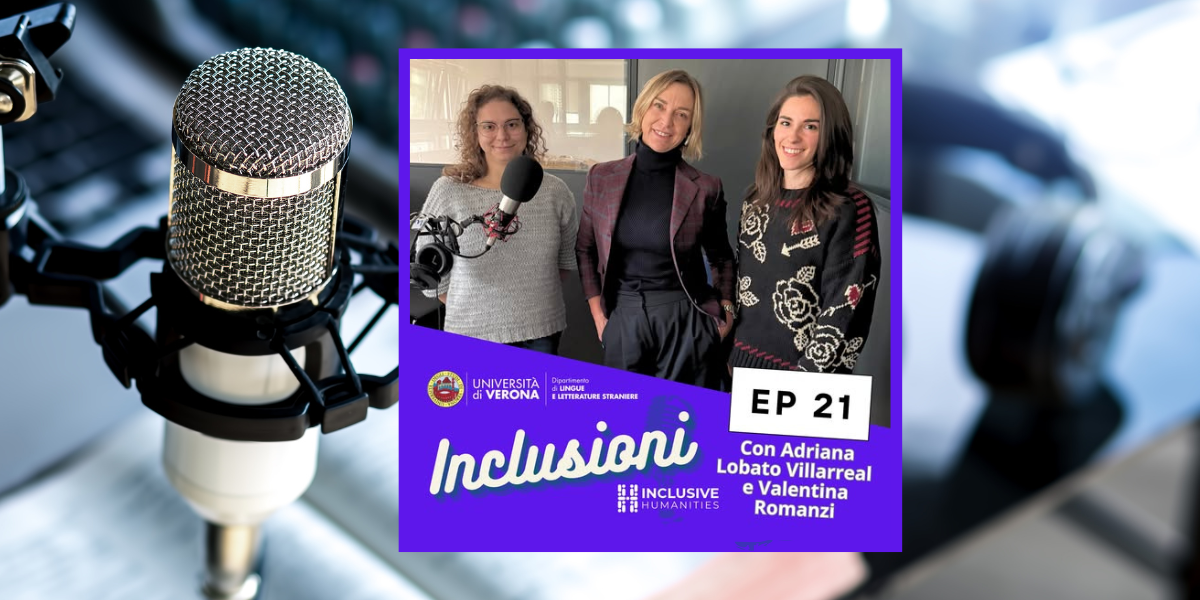Automata and artificial intelligence (AI) have long occupied a central place in cultural and artistic imagination, and the recent proliferation of AI-generated artworks has intensified debates about authorship, creativity, and human agency. As far as literature is concerned, LLMs are currently capable of composing not only entire novels but also poems and sonnets. We live in a time in which an increasing number of texts are circulating whose authorship is unclear, since it cannot be determined whether they originate from a human or a machine. Initial studies have also shown that even experts cannot determine with certainty whether a text presented as literary was written by a human or, for example, by ChatGPT.
The current debate surrounding AI-generated art remains deeply rooted in long-standing cultural narratives about artistic production. Central to this discourse are questions of authorship, inspiration, and the originality or creative capacity of AI-generated works. Art is still widely regarded as a privileged expression of human creativity and originality—qualities traditionally associated with subjective experience. This modern understanding of creativity is heavily shaped by enduring cultural topoi, particularly the image of the artist as a “great man” imbued with genius—a unique, often tormented, individual whose work is inseparable from his personal, inner experience.
Empirical studies show that audiences often perceive AI-generated works as less authentic or emotionally resonant than human creations, with authorship attribution strongly shaping esthetic judgments. Other studies show that even LLMs attribute a lower literary quality to AI-generated literary works than to texts produced by humans, suggesting that LLM-based evaluations reproduce human assumptions about creative authorship and literary value.
Group leaders: Massimo Salgaro and Marco Rospocher
Internal members:
- Simone Rebora
- Gabriele Vezzani
- Ainur Kakimova
External members:
- Giulia Torromino
- Manuel Focareta
- Sara Cuono
- Dionigi Mattia Gagliardi
Actions: WP 1.1; WP 1.3; 1.13
References:
Bajohr, Hannes (2024 b): On Artificial and Post-artificial Texts: Machine Learning and the Reader’s Expectations of Literary and Non-literary Writing. In: Poetics Today; 45 (2): 331–361. doi: https://doi.org/10.1215/03335372-11092990
Chiarella, S.G.; Torromino, G.; Gagliardi, D.M.; Rossi, D.; Babiloni, F.; Cartocci, G. Investigating the negative bias towards artificial intelligence: Effects of prior assignment of AI-authorship on the aesthetic appreciation of abstract paintings. Comput. Hum. Behav. 2022, 137, 107406.
Demir, Sercan / Fuegener, Andreas / Gupta, Alok / Weinmann, Markus (2024): When AI is Creative: How Do Humans Perceive Creativity When AI is Involved?. In: ICIS 2024 Proceedings. 17. https://aisel.aisnet.org/icis2024/user_behav/user_behav/17
Di Dio, Cinzia / Ardizzi, Martina / Schieppati, Stefano / Massaro, Davide / Gilli, Giorgio / Gallese, Vittorio / Marchetti, Antonella (2025): Art made by artificial intelligence: The effect of authorship on aesthetic judgments. Psychology of Aesthetics, Creativity, and the Arts, 19(4), 1164–1176. https://doi.org/10.1037/aca0000606
Rospocher, Marco / Salgaro, Massimo / Rebora, Simone (2026): Machines Prefer Humans as Literary Authors: Evaluating Authorship Bias in Large Language Models. Information, 17(1), 95. https://doi.org/10.3390/info17010095

